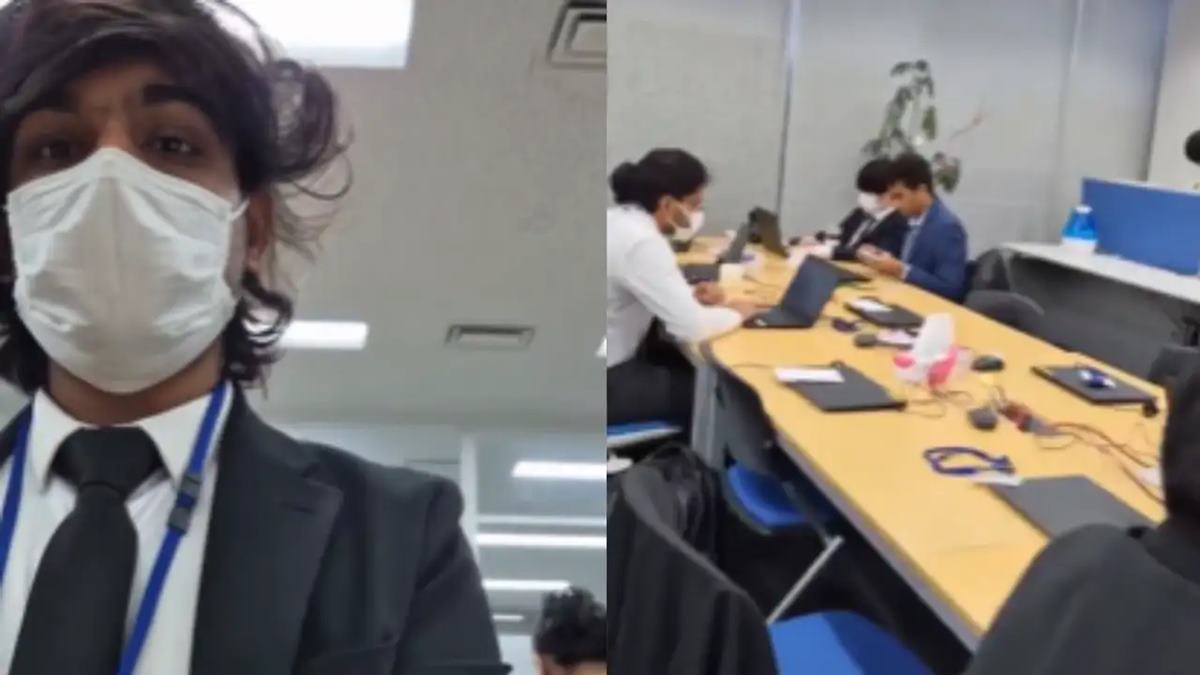As a researcher deeply invested in behavioural science and leadership development, I’ve seen a pattern that is hard to ignore. Workplaces today move at a breakneck speed, leaving employees stressed, disengaged, and burned out. If you’re in HR, you’ve likely seen this first-hand.The old “just get the job done” mentality simply doesn’t cut it anymore.
Today’s organizations don’t need employees who merely survive, they need employees who thrive. Thriving employees bring an energy that is contagious. They are focused, connected, and purposeful. They are the ones who drive innovation, deliver exceptional results, and build resilient cultures.
So, how can we, as HR professionals, foster thriving at work? Decades of research in psychology, neuroscience, and organizational science reveal five evidence-based strategies that, when integrated, create a sustainable culture of wellbeing and high performance.
Here’s how to embed these practices into your organization’s DNA.
1. Energize Through Strengths, Not Weaknesses
Most performance reviews focus on “areas for improvement.” Contrary to popular belief, people don’t flourish by fixing weaknesses. They excel when they use their natural strengths. Gallup’s extensive research shows that strengths-aligned teams are measurably more productive, engaged, and innovative.
Think of a sales manager who lights up when mentoring new hires, or a project manager who feels alive when solving complex puzzles. Focusing on strengths triggers dopamine release, the brain’s reward chemical, making work feel motivating and meaningful. This energy is the spark that powers learning, creativity, and resilience.As HR professionals, incorporate strengths-based assessments like Gallup StrengthsFinder or VIA Character Strengths into talent development and performance conversations. Help leaders shape roles and responsibilities around individual strengths to unlock peak potential. Even small changes like giving an analytical thinker more data-driven projects can transform engagement.
2. Manage Energy, Not Time
Energy management is the overlooked secret to sustained productivity.
Loehr and Schwartz reveal in The Power of Full Engagement how elite performers don’t simply manage their time, they manage their energy across four key domains: physical, emotional, mental, and spiritual (purpose-driven). They work in focused sprints followed by intentional recovery, build rituals that renew energy, and embrace rest as a productivity catalyst not its enemy.
As HR professionals, encourage employees to take micro breaks of 2-5 minutes to recharge between tasks. Promote rituals that renew energy such as walking meetings, stretching breaks or even short-guided meditations. Normalize healthy work rhythms such as logging off for lunch or taking a recovery day after a big project.
Recovery is not the enemy of productivity; it is its very foundation.
3. Cultivate Flow
Mihaly Csikszentmihalyi’s groundbreaking research on flow shows that employees reach peak creativity and job satisfaction when deeply immersed in their work. But today, constant pings, back-to-back meetings and multitasking make deep focus a rare luxury.
Cal Newport’s Deep Work warns that digital distractions are rewiring our brains for shallow thinking.
As HR professionals, champion focused work time by reducing unnecessary meetings and creating protected “deep work” blocks in the calendar. Offer mindfulness workshops or micro-practices that help employees reset their attention. Programmes like Google’s Search Inside Yourself cultivate mindfulness and focus, enabling employees to reclaim their attention and perform at their best.
4. Build Meaningful Relationships
The Harvard Grant Study, one of the longest longitudinal studies on human happiness, confirms what we instinctively know which is that quality social connections are the strongest predictors of happiness and resilience.
Simple behaviours like active listening, expressing appreciation, and fostering psychological safety create trust and reduce burnout. When employees feel supported, their energy and focus amplify, creating a positive cycle.
As HR professionals, foster social connection through peer recognition, team rituals, and leadership training in emotional intelligence. Building a socially connected workforce is foundational to thriving.
5. Anchor Work in Purpose
Purpose is the North Star that sustains motivation through challenge and change. Martin Seligman’s work on wellbeing reveals that meaningful work significantly enhances resilience and positivity. Daniel Pink identifies purpose as one of the core drivers of lasting motivation.
Employees who see their work as purposeful, whether it is serving customers, solving problems or contributing to society bring greater energy, focus, and perseverance, even in difficult times.
As HR professionals, help employees connect daily tasks to your organization’s mission and values. Encourage leaders to share compelling stories that reinforce meaning and impact. Purpose transforms jobs into a calling.
Bringing it all together
When these five strategies i.e., strengths, energy, flow, relationships, and purpose are woven into daily work life, you create workplaces where employees don’t just show up, they thrive. Thriving employees innovate more, perform better, and stay longer.
Embedding these science-backed strategies into your people practices ignites a ripple effect across engagement, retention, and productivity.
Start small. Run a strengths workshop, promote mindful breaks, protect deep work time, build social rituals, and weave purpose into everyday conversations. Over time, thriving will become part of your organizational fabric.
The science is clear, the tools are ready, and the opportunity is now. Let us make thriving a reality in our workplace.




















